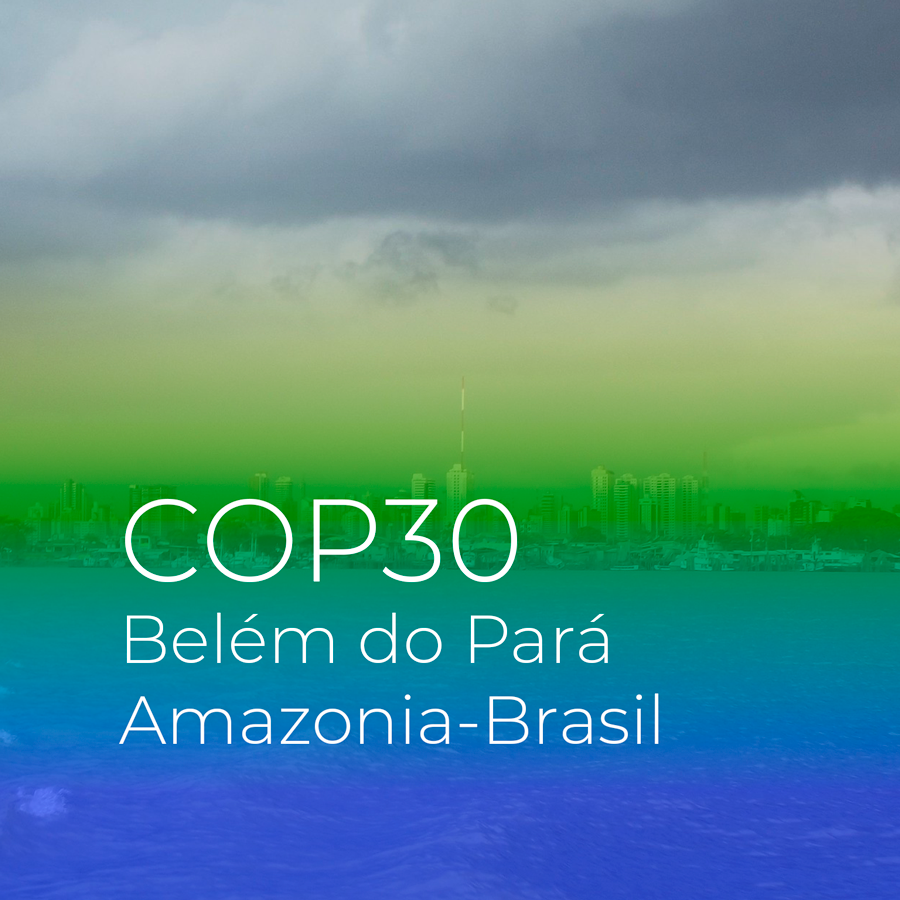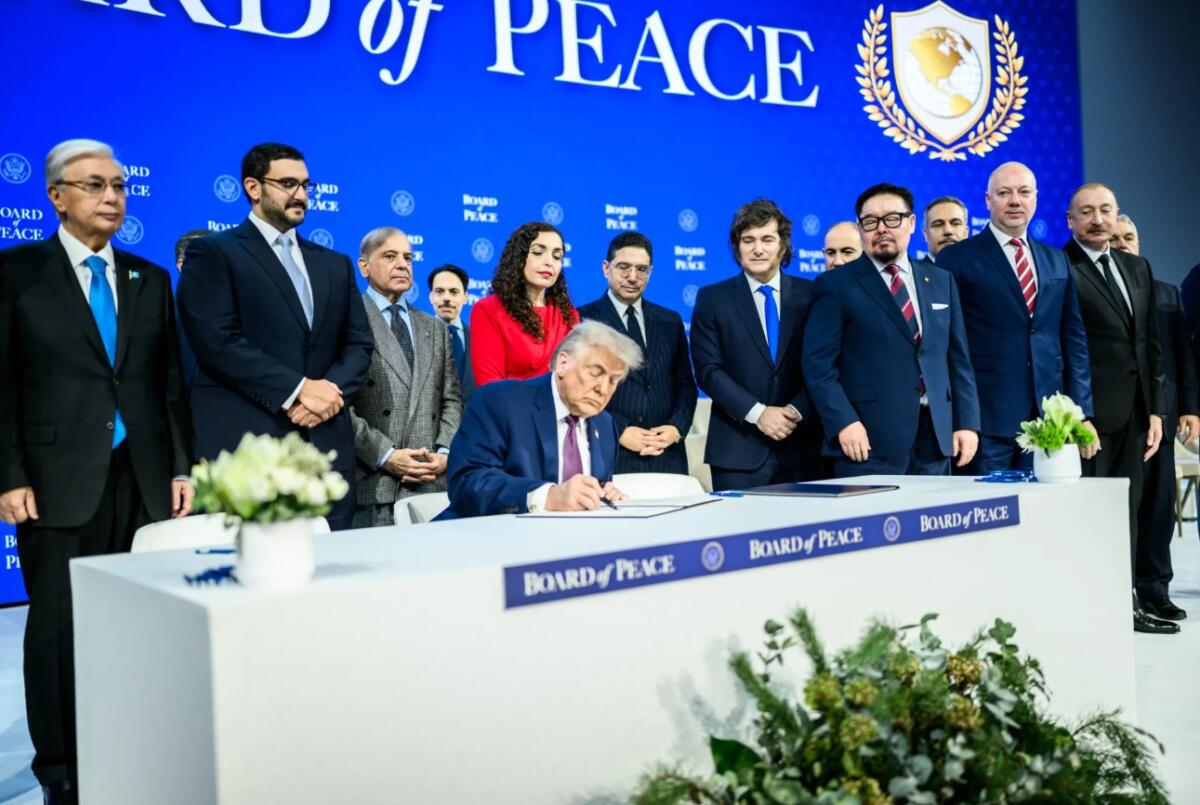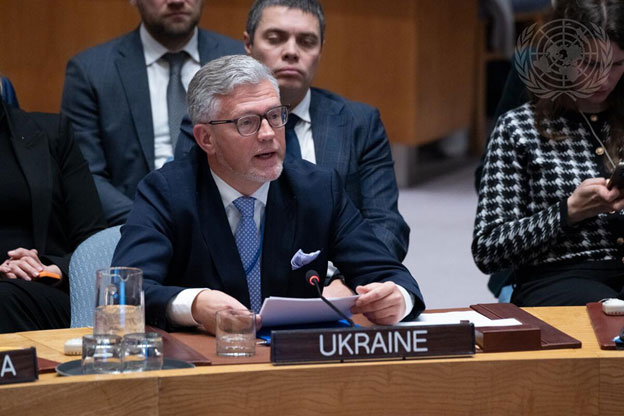– The managing director of the International Monetary Fund (IMF), Michel Camdessus, is being wined and dined in Venezuela by three long-time opponents of IMF prescriptions: a socialist, a social democrat and a christian democrat.
Camdessus is on a South American tour – he has already visited Bolivia, Peru and Argentina – and is in Venezuela to provide IMF backing for its sweeping economic adjustment program.
The recently reelected director of the IMF is in the region to review and finalise accords on the restructuring and opening of national economies, a trend running parallel to the search for regional integration, on the basis of adjustments that restrict consumption and pay off foreign debt.
In Venezuela, Camdessus was welcomed by social democratic Finance Minister Luis Matos, socialist Planning Minister Teodoro Petkoff, and christian democratic President Rafael Caldera.
In the presence of Caldera and Camdessus, Matos, Petkoff and the president of the Central Bank, Antonio Casas, signed a document on Monday committing the Venezuelan government to neoliberal policies and measures – a kind of "formal debut" of the country's current wave of reforms, known as the "Venezuela Agenda".
Caldera is a long-time critic of the IMF's "social insensitivity," and had left the COPEI party accusing it of embracing a neoliberal stance. In June 1995, he told 15,000 of his followers that "we will not kneel down before the IMF."
In the two years since he entered office in February 1994, Caldera's economic policies were based on controls of prices, the exchange rate and the banking system, which along with the crisis that sank 60 percent of the private banking sector in 1994 meant chaos in the economy.
Matos, who backed Caldera's independent candidacy in 1993 and was expelled from the Democratic Action (social democratic) party, was a defender of the gradual implementation of reforms up to late 1995, when the urgent need for an accord with the IMF meant the adjustments would have to take the form of shock therapy.
Petkoff, a guerrilla fighter in the 1960s and ideologue of the Movement towards Socialism that he founded 25 years ago, had aimed particularly harsh criticism at what he called the incoherence of the Caldera administration's economic policy in its first two years in office.
But in April he was named Planning Minister, and asked to explain the need for adjustments to his compatriots.
In exchange for the document signed on Monday, the IMF agrees to provide some 2.9 billion dollars over the next three years in credit to shore up Venezuela's finances – 1.4 billion dollars in the first year – with quarterly supervision by the IMF on the goals established in the Agenda.
Even more welcome than the credit, and the real reason behind the enthusiasm of Venezuelan officials, is the effect the IMF approval will have on the attitude of other multilateral lending institutions and private investors towards Venezuela.
Venezuela is trying to attract investment in oil and petroleum derivatives, mining, tourism, telecommunications and construction. And it is seeking buyers for shares in enterprises to be privatised, including aluminum, steel, telephones, electricity, tourism and transport.
The Agenda, whose stringent adjustment of the buying power of Venezuelans – four out of five of whom are poor – began to go into effect in April, with the aim of taming inflation and restoring fiscal balance based mainly on higher revenues.
The government instrumented a sixfold rise in fuel prices – the oil sector is a State monopoly – and its second 70 percent devaluation in four months. And it freed up the currency, prices, rates on public services and interest rates, while parliament was asked to raise sales taxes from 12.4 to 16.5 percent.
Meanwhile, a partial subsidy for urban transport went into effect, and the number of social programmes providing food and health aid to three million poor families was raised from 12 to 14.
The social programmes provide assistance to the families of children in public schools. But the Gumilla centre for social studies, run by Jesuit priests, warned that 450,000 extremely poor families are outside the school system, and hence fall through the cracks.
The implementation of the Agenda gave a boost to inflation, which had reached 70 percent in 1994, 57 percent in 1995 and is expected to reach 95 percent in 1996, according to government forecasts.
Monthly inflation this year was eight percent before April. It is expected to reach 12 percent in May and June, and then – says Petkoff – it will begin a downward trend in July, until reaching two percent in December.
The soaring inflation, the highest in Latin America, has been combined with economic recession since 1993 – in spite of five to seven percent annual growth in the oil sector – and with a 7.8 percent rise in unemployment in 1993 and 11 percent in 1995 – 20 percent according to the unions.
Half of the labour force works in the informal economy, real wages have been steadily dropping since 1978, poverty has expanded and the middle class – nearly a third of the population in the 1970s – has shrunk drastically.
It is estimated that 80 percent of the Venezuelan population lives below the poverty line, while approximately half of them are unable to meet their basic dietary needs. But sociologists are now talking about a new category: "atrocious poverty", which affects hundreds of thousands of families who cannot even cover 40 percent of their basic nutritional necessities. (end/ips/trd- so/hm/dg/sw/96)







